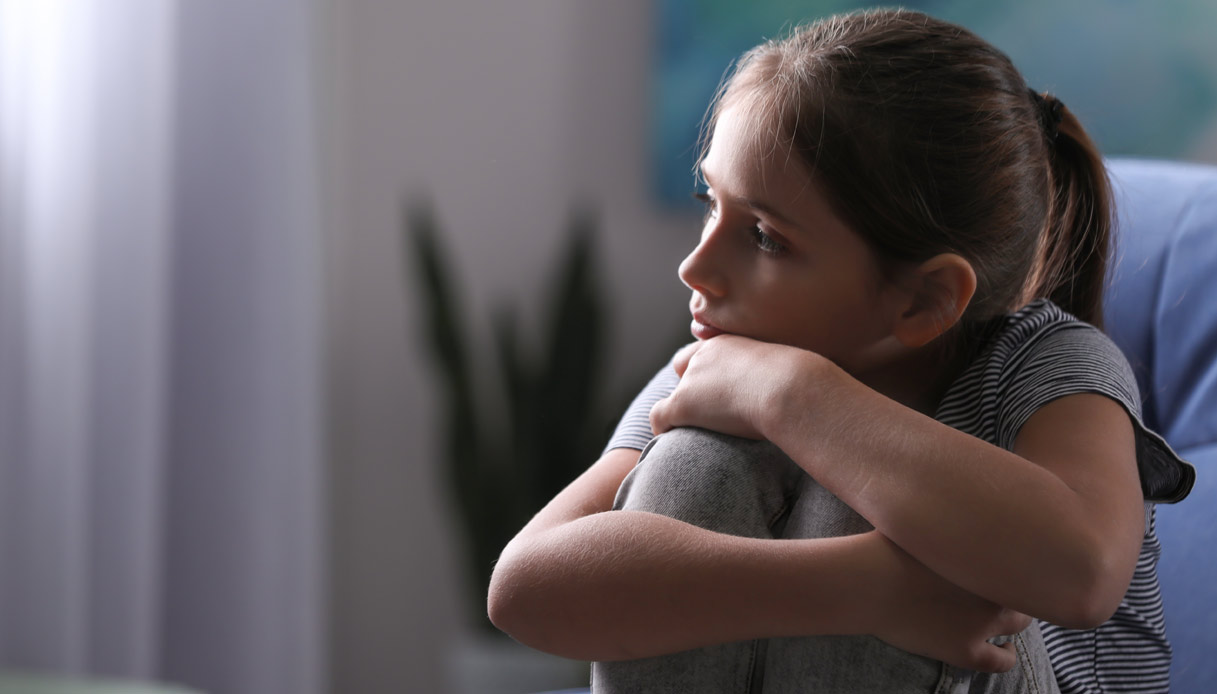It is not predictable. But it happens. And how if it happens. And it is important to better prepare those who may find themselves in a position to assist a child who is going to meet one seizure of epilepsy. Almost half of Italian teachers have or have had a child suffering from this condition in their class. But 64% of the total would not be able to behave correctly if one of their students had a crisis in the classroom. To remember it is the LICE – Italian League Against Epilepsy.
“An adequately trained staff – explains Laura Tassi, president of LICE – would be able to adequately and effectively assist any crisis that might occur in the classroom and, if necessary, administer life-saving drugs to children and young people who live with epilepsy. It is a question of strengthening a virtuous path that is still ineffective, which sees a closer collaboration between the epilepticologist, the family and teachers. In fact, there is no obligation on the part of the school staff to administer drugs, but only a recommendation confirmed by the guidelines adopted at national and regional level. Too often, however, in the event of a crisis, an ambulance is called “.
Children at risk
The attention to the school world derives from the particular epidemiological curve of epilepsy, which sees the pediatric range particularly interested. Although no age is exempt from the picture, in most cases the neurological condition manifests itself within 12 years. In Italy there are about 500-600 thousand cases. If you intervene with a correct and early diagnosis and adequate therapy, the disease can be kept under control in about 70% of cases, but the remaining 30% unfortunately has a drug-resistant form, of which only a part can be treated surgically. According to a recent LICE monitoring, 44% of teachers have or have had in their class a child or boy with epilepsy, but only in 2/3 of the cases they were informed by the family, confirming the difficulty of parents to talk about the disease.
“Too many exist and still survive false myths and clichés related to epilepsy and epileptic seizures – confirms Oriano Mecarelli, Past President LICE – especially on what to do when you are witnessing a convulsive crisis. But also on the alleged consequences that this condition would have on a child’s cognitive abilities. This condition, in fact, is very much affected by the prejudices and fears of others and it is still widespread, for example, that the idea that epilepsy reduces the ability to learn, that the child with epilepsy needs school support, that he may have disorders behavior or relationship problems with other children. In most cases this is not the case, except in the most serious forms, epilepsy does not affect learning or relational skills, and the child can take part in all the activities that are carried out in the classroom and outside the classroom “.
How to behave?
LICE proposes a series of tips to keep in mind. It should be remembered that 90% of crises last less than 2 minutes. In some cases they may last longer but only very rarely is urgent medical assistance and hospitalization required. Calling an ambulance is almost never necessary, while the priority for those who witness a seizure episode is not to make mistakes in the rescue.
Most of the episodes do not require special maneuvers, but only the proximity to the child during the critical episode and immediately after, waiting for him to recover. The class must be reassured and invited to take care of the companion together with the teacher. On the other hand, in cases where the crises involve a fall to the ground, stiffness, shocks in the limbs and strong salivation, introducing, for example, the hands or an object in the mouth is neither advisable nor useful, dangerous both for those who practice it and for who suffers it. It is a false myth, in fact, that there is a need to grab the tongue and extract it from the mouth, under penalty of its descent towards the air cavities thus making it impossible to breathe.
It is also wrong to hold or try to immobilize the child, thinking of arresting or making the crisis less severe. Instead, it is advisable put something soft under the head to avoid any bruises, remove the glasses, unfasten tight clothes and turn the patient on his side as soon as possible to facilitate breathing and the escape of saliva. We must then wait for the crisis to end and offer support and help.
